
Monuments(2021)
As anti-racism movements sweep the globe, young people are pushing for political action, drawing our attention to the racialised power structures embedded within society. Change is on the horizon.

Movie: Monuments

Monuments
HomePage
Overview
As anti-racism movements sweep the globe, young people are pushing for political action, drawing our attention to the racialised power structures embedded within society. Change is on the horizon.
Release Date
2021-02-09
Average
0
Rating:
0.0 startsTagline
Genres
Languages:
EnglishKeywords
Similar Movies
 7.7
7.7When We Were Kings(en)
It's 1974. Muhammad Ali is 32 and thought by many to be past his prime. George Foreman is ten years younger and the heavyweight champion of the world. Promoter Don King wants to make a name for himself and offers both fighters five million dollars apiece to fight one another, and when they accept, King has only to come up with the money. He finds a willing backer in Mobutu Sese Suko, the dictator of Zaire, and the "Rumble in the Jungle" is set, including a musical festival featuring some of America's top black performers, like James Brown and B.B. King.
 7.6
7.6The Price of Protest(de)
United States, September 1st, 2016. American football player Colin Kaepernick kneels during the national anthem, protesting police brutality against black people. Part of the population regards the gesture as an unacceptable affront to the flag. Later, he loses his place on his team. Today, however, he is considered by many as a true hero.
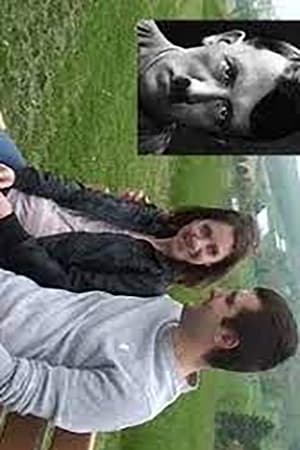 1.0
1.0Hitler's Girl(en)
Sadly our world is divided on the basis of race, religion, region and caste and violence became the norm of the day. What can we do to stop the violence that is committed by bigotry? One thing...if we imagine ourselves in the shoes of our victims.
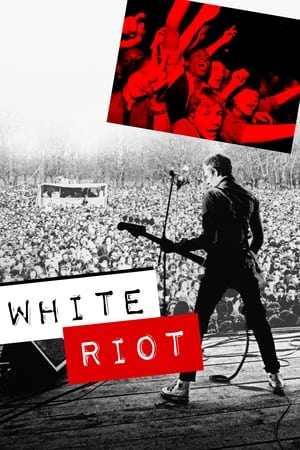 7.2
7.2White Riot(en)
Exploring how punk influenced politics in late-1970s Britain, when a group of artists united to take on the National Front, armed only with a fanzine and a love of music.
 7.0
7.0The Antifascists(sv)
A low-intensity war is being fought on the streets of Europe and the aim is on fascism. This critically acclaimed documentary takes us behind the masks of the militants called antifascists. In 2013 a group of armed nazis attacks a peaceful demonstration in Stockholm where several people are injured. In Greece the neo-nazi party Golden Dawn becomes the third largest in the election and in Malmö the activist Showan Shattak and his friends are attacked by a group of nazis with knives and he ends up in a coma. In this portrait of the antifascists in Greece and Sweden we get to meet key figures that explain their view on their radical politics but also to question the level their own violence and militancy.
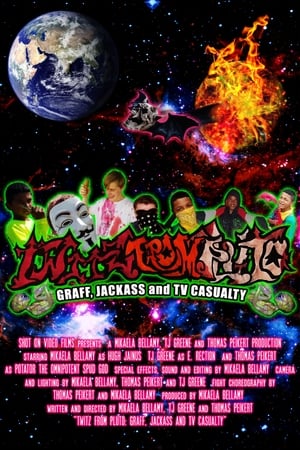 0.0
0.0Twitz from Pluto: Graff, Jackass and TV Casualty(en)
The story of two teenage extraterrestrial refugees from the planet Pluto, who escape to Earth after their planet is destroyed by the US government, as it was deemed “insignificant.” For many years prior, tensions between the Plutonians and the Earthlings had seen a steady incline, as Pluto held camps where Earthlings were experimented on and tortured. The two aliens make their crash landing, undertake human form and undergo the aliases “Hugh Jainus” and “E. Rection”. In an effort to wage revenge on the nation, with their brainwashed sidekick Potator under their wing, the trio hijack television stations worldwide and broadcast mind-numbingly stupid and ridiculous, yet insane and often violent programs to dumb down and distract the nation’s citizens from their devious plans. The tube tells the story...
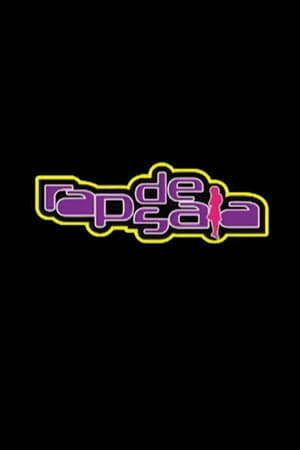 0.0
0.0Rap de Saia(pt)
Rap de Saia is a documentary that reports, through the voices and rhymes of the protagonists themselves, part of the historical trajectory of Female Rap in the State of Rio de Janeiro. In addition to its historical trajectory, Rap de Saia brings a collection of themes that leads us to reflect on women in today's society.
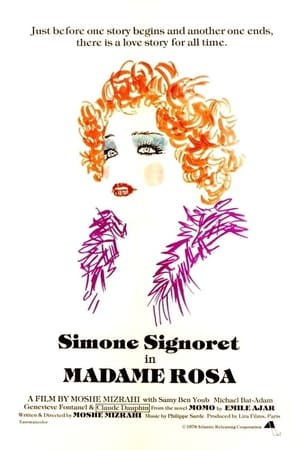 7.0
7.0Madame Rosa(fr)
Madame Rosa lives in a sixth-floor walkup in the Pigalle; she's a retired prostitute, Jewish and an Auschwitz survivor, a foster mom to children of other prostitutes. Momo is the oldest and her favorite, an Algerian lad whom she raises as a Muslim. He asks about his parents; she answers evasively. As she ages and takes fewer children, Momo must do more for her; as money is tight, he tries to earn pennies on the street with a puppet. He's a beautiful man-child, and Madame Rosa makes him promise never to sell himself or become a pimp. A film editor, Nadine, befriends him, and his father appears as well. Madame Rosa reaches her last days in fear of hospitals, and Momo must act.
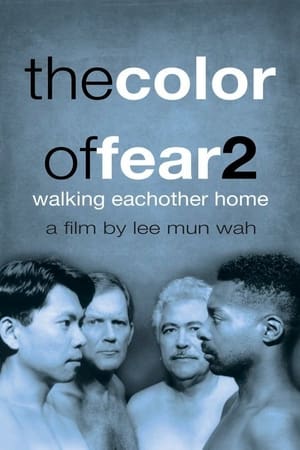 0.0
0.0The Color of Fear 2: Walking Each Other Home(en)
In THE COLOR OF FEAR, eight American men participated in emotionally charged discussions of racism. In this sequel, we hear and see more from those discussions, in which the men talk about about how racism has affected their lives in the United States. We also learn more about the relationships between them, and about their reactions during some of the most intense moments of that discussion.
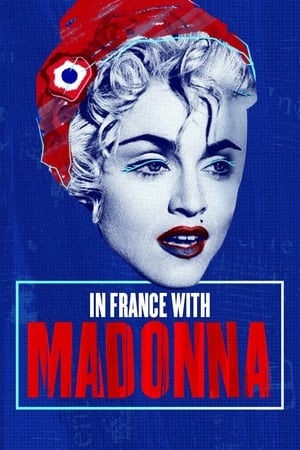 8.5
8.5In France with Madonna(fr)
France is at the heart of Madonna's life. She is inspired by French culture and its values and has surrounded herself with French artists for many years. To celebrate the 40th anniversary of the Queen of Pop's career, this film revisits the close and unique bond between Madonna and France and features testimonials from close collaborators and French friends who have helped create her unique artistic universe: Maripol, Jean Paul Gaultier, Julien d'Ys, Nicolas Huchard, and Marion Motin. Today's artists such as Florence Foresti, Leïla Slimani, Victor Weinsanto and HollySiz talk about the influence of this emancipating figure, which extends far beyond music.
 10.0
10.0A Propos D'Un Crime(fr)
In 1967, Visconti came to Algiers for the filming of The Stranger with Mastroianni and Anna Karina. Camus, during his lifetime, had always refused to allow one of his novels to be brought to the screen. His family made another decision. The filming of the film was experienced in Algiers, like a posthumous return of the writer to Algiers. During filming, a young filmmaker specializing in documentaries Gérard Patris attempts a report on the impact of the filming of The Stranger on the Algerians. Interspersed with sequences from the shooting of Visconti's film, he films Poncet, Maisonseul, Bénisti and Sénac, friends of Camus, in full discussions to situate Camus and his work in a sociological and historical context. “The idea is for us to show people, others, ourselves as if they could all be Meursault, or at least the witnesses concerned to his drama.”
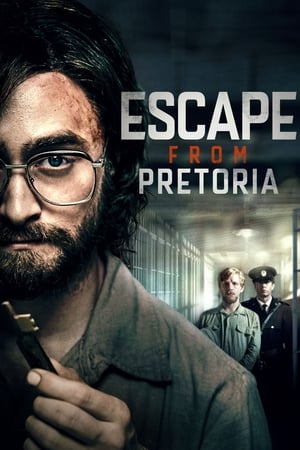 7.2
7.2Escape from Pretoria(en)
South Africa, 1978. Tim Jenkin and Stephen Lee, two white political activists from the African National Congress imprisoned by the apartheid regime, put a plan in motion to escape from the infamous Pretoria Prison.
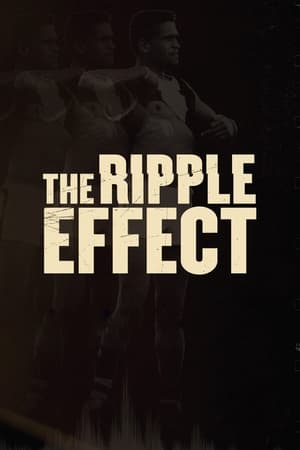 0.0
0.0The Ripple Effect(en)
The Ripple Effect is a powerful documentary primarily centred around St Kilda legend and proud Noongar Nicky Winmar's generation-defining stand against racism at Victoria Park in 1993.
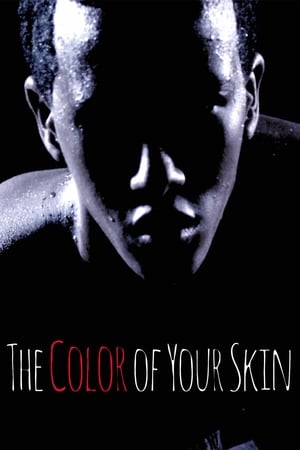 0.0
0.0The Color of Your Skin(en)
Despite the perceived progress the world has made over the years, it's become increasingly clear that racism continues to run through our culture. This is abundantly apparent on the streets of London. This difficult documentary explores racism in today's climate through stories from people of various races.
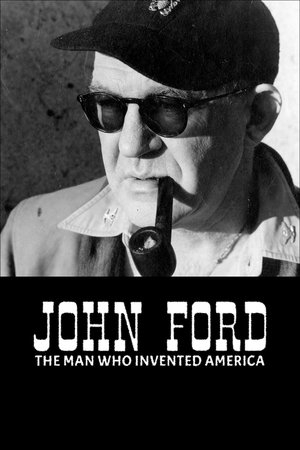 6.5
6.5John Ford: The Man Who Invented America(fr)
Over a 50-year career and more than a hundred movies, filmmaker John Ford (1894-1973) forged the legend of the Far West. By giving a face to the underprivileged, from humble cowboys to persecuted minorities, he revealed like no one else the great social divisions that existed and still exist in the United States. More than four decades after his death, what remains of his legacy and humanistic values in the memory of those who love his work?
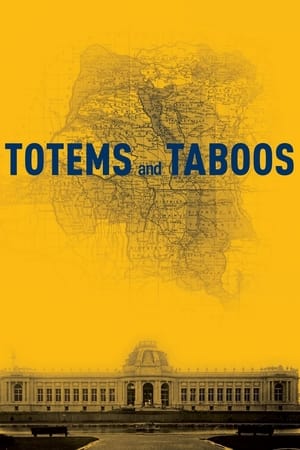 7.0
7.0Totems and Taboos(fr)
In Brussels, Belgium, the Royal Museum of Central Africa is undertaking a radical renovation, both physical and ethical, to show with sincerity, crudeness and open-mindedness the reality of the atrocities perpetrated against the inhabitants of the Belgian colonies in Africa, still haunted and traumatized by the ghost of King Leopold II of Belgium, a racist and genocidal tyrant.
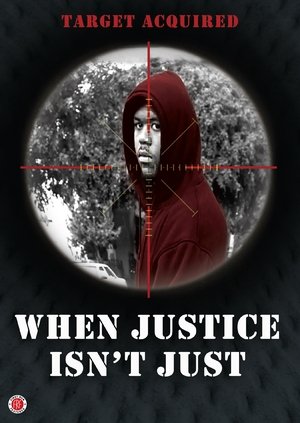 0.0
0.0When Justice Isn't Just(en)
Directed by Oscar-nominated and NAACP Image Award winner David Massey, this dynamic documentary explores why so many unarmed black people have been targeted and killed by police officers. The filmmakers talk to legal experts, activists and law enforcement officials who discuss the inequality within our criminal justice system and who confront the crucial question of how to prevent more violence in this country, including Black on Black deaths. As the Black Lives Matter movement - and citizens nationwide - question the accountability of our justice system in cases of police violence, When Justice Isn't Just is an essential addition to the ongoing discussion about reform and renewal.
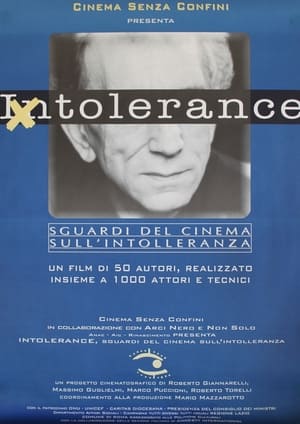 0.0
0.0Intolerance(it)
A collective cinematic project to promote tolerance and the value of diversity.
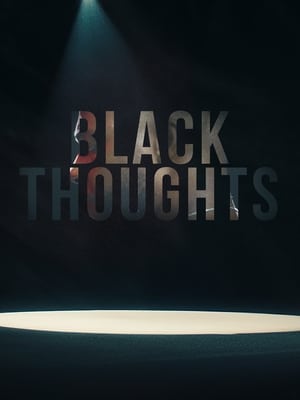 5.5
5.5Black Thoughts(en)
A man that is a stranger, is an incredibly easy man to hate. However, walking in a stranger’s shoes, even for a short while, can transform a perceived adversary into an ally. Power is found in coming to know our neighbor’s hearts. For in the darkness of ignorance, enemies are made and wars are waged, but in the light of understanding, family extends beyond blood lines and legacies of hatred crumble.
 6.5
6.5Anton Ferdinand: Football, Racism and Me(en)
Former professional footballer Anton Ferdinand explores the issue of racial abuse in the game from a personal perspective. Following a sharp rise in reported incidents of racial abuse in football, Anton talks for the first time about his own highly publicised 2011 incident with the former England captain John Terry. Anton wants to understand his own story and find out what needs to be done to address the problem of racism in the game today. He also confronts the online abuse he has experienced since, which has affected his mental health, his career and the lives of his loved ones